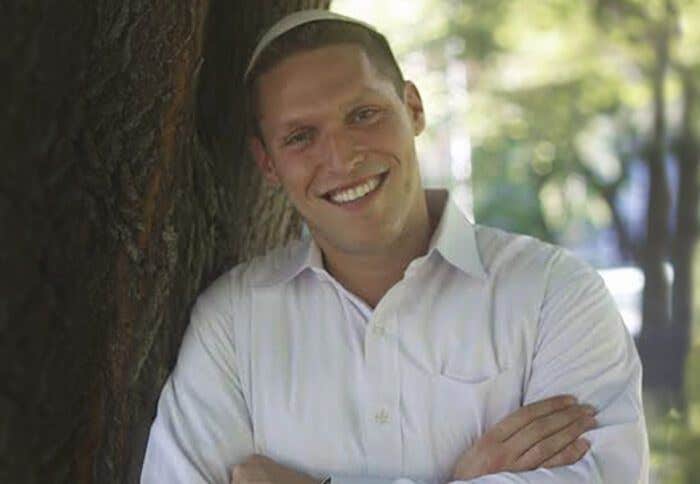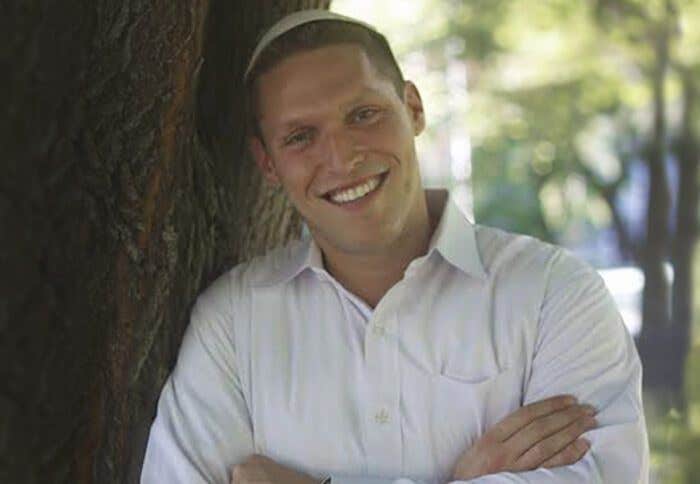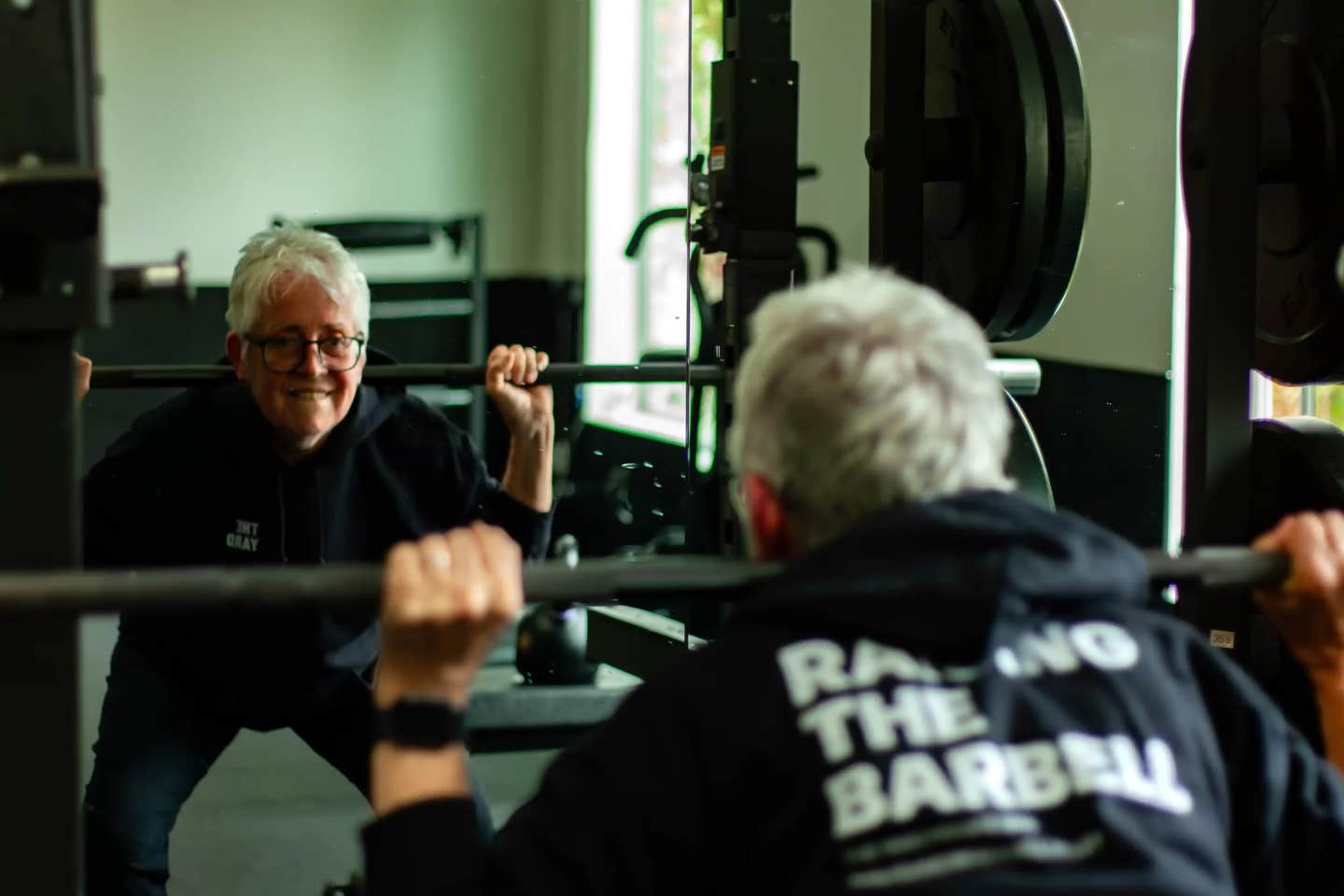
A Spiritual Perspective on a Plant-Based Diet
How can we, people who have sacrificed for a worthy cause, deepen the spiritual roots of our movement to make our commitments more meaningful and more sustainable? Developing veganism as a spiritual practice will not only benefit us personally, but will also strengthen us to make a greater difference in the world.
Looking out on the vast American food production culture, it is not difficult to find problems almost immediately. From the metropolises on the coasts to the Hopper-esque rolling plains of the interior, loud and gaudy advertisements for the latest innovations in fast-food meat blaze across the land. Their ubiquity is disheartening; their unavoidability is maddening. But even more so, it’s the sheer number of ads—physical, digital, and material—which engenders a profound disconnection that lodges in the minds of so many compatriots. For these ads, so seemingly innocent, present a real impediment to comprehending this fact: behind all of the joy they seek to portray lurks a deeper cruelty, hidden from public view but widely known to exist. For every person enjoying a tasty bite of a hamburger or a stack of chicken nuggets, there is the knowledge that sentient creatures—made of sinews similar to those that make up the human being—were destroyed to produce that ill-gotten bounty.
In these ads we celebrate the remorseless cycle of pain for profit.
With this unfortunate fact at the forefront of many of our minds today, the importance of replacing the unforgiving brutality of factory farming with plant-based eating is becoming increasingly clear. Through outreach and discourse, the trend towards plants as the main staple of the diet is only beginning to catch on in America. As the movement grows, impediments have begun to multiply as false studies, new doctrines, stubborn habits, and powerful lobbies become more robust.
Three Spiritual Virtues to Consider
I have identified three virtues as potential launching pads for further introspection. It is my hope that they will serve as guideposts for cultivating deeper intentionality in our dietary choices. At the end of the day, we will recruit others to our lifestyle and cause not through rhetoric but through morally sensitive and spiritually rich modeling.
- Gratitude. First and foremost, we can cultivate gratitude—a deep appreciation of our own existence and that our lives are inextricably interconnected with each other’s. The focus of our gratitude thus shifts away from the self and toward the other, and it leads us to take responsibility and care for other humans, for animals, and for our fragile earth. Through these deep commitments, we can further deepen our gratitude that we have the knowledge and resources to do what we know is right.
- Discipline. Secondly, we can expand our capacity for discipline. It is not always easy to eat healthfully and ethically when the prevailing culture amplifies bad choices and willfully ignorant cruelty. The temptations surround us. They reach us through every medium of communication. Yet, there is also something simple (not easy, but simple) to the act of committing one’s self to a lofty ideal. In doing so, we transcend our basest natures to become beings of compassion and potential. As we hone this sense of self, the discipline we accrue carries over into other important facets of our lives, from exercise to relationships to work and even to recreation.
- Humility. Thirdly, and most importantly, we can develop a deep sense of humility. When we step back from the daily grind and focus on the grander meaning of the universe, we can arrive at the insight that the world was created not only for us and that we are not entitled to eat whatever we wish. Grasping this idea brings forth a beautiful, empowering conviction, one that embeds itself deeply into our consciousness. But we cannot let our newfound perspective blind us to kindness and respect for others. Acting and speaking self-righteously with those who have not (yet) arrived at the same resolve to adopt a plant-based diet is folly. I have come to learn, through the consequences of my own early zeal for the cause, that work performed in humility is far more likely to win the day. And such humility, when practiced with consistent authenticity, can be transformed to utter joy. Accepting that we will eventually pass from this world and nonetheless striving to make it more a compassionate and sustainable place is in and of itself a lofty goal worthy of aspiration.
At present our movement is rightfully concerned with the outer world: with animal welfare, with human health, with carbon footprints, and so forth. These are undoubtedly worthy values to embed in our consciousness. But, at the same time, I want to assert the equal importance of cultivating our resilient inner worlds. If we are to influence others, we have to improve and elevate ourselves. Deepening our spiritual and moral integrity by reflecting upon and eliminating any vestiges of inconsistency between what we believe and how we live is a wonderful practice for growing individually and building community. Together, we can enrich ourselves and one another.
As I observe Yom Kippur in the coming days, I am reminded of a traditional explanation for why we do not wear leather shoes on a day where we reflect on our self-growth: how can we seek compassion from above when we, at that moment, are not acting compassionately, wearing the remains of a tortured and slaughtered creature upon our feet? In the liturgy of this day, we ask “who shall live and who shall die?” (in the coming year). Indeed, that answer is in large part determined by the choices we ourselves make.
This year, let’s choose life together. May we live long and live well.
About the Author

About the Author
Rabbi Shmuly Yanklowitz, PhD
Join our mailing list
Get free recipes and the latest info on living a happy, healthy plant-based lifestyle.
By providing your email address, you consent to receive newsletter emails from Forks Over Knives. We value your privacy and will keep your email address safe. You may unsubscribe from our emails at any time.
